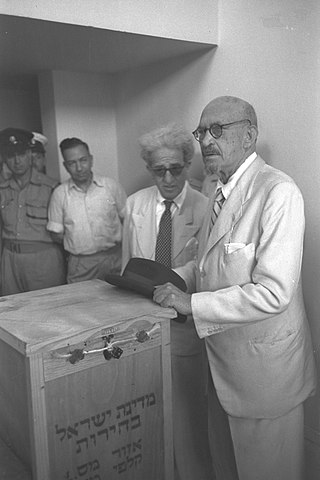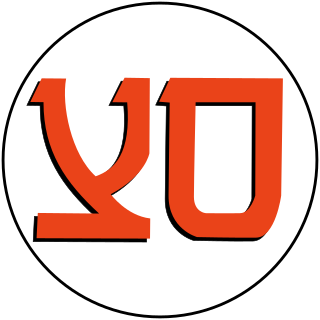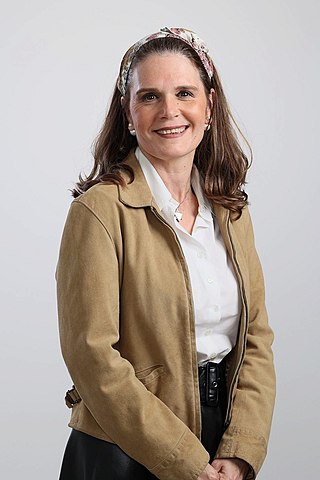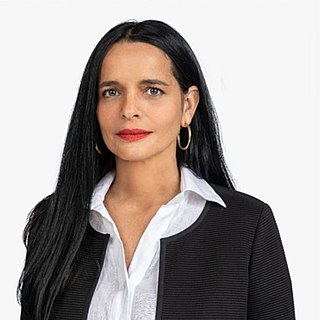| Part of a series on the |
 |
|---|
The members of the 19th Knesset were elected on 22 January 2013, and sworn in on 5 February. [1]
| Part of a series on the |
 |
|---|
The members of the 19th Knesset were elected on 22 January 2013, and sworn in on 5 February. [1]
| Date | Replacement | Party | Replacing | Notes |
|---|---|---|---|---|
| 10 June 2014 | Carmel Shama | Likud | Reuven Rivlin | Rivlin was elected President |
| 22 June 2014 | Yoav Ben-Tzur | Shas | Ariel Atias | Atias resigned from the Knesset to take a break from politics |
| 6 August 2014 | Alex Miller | Yisrael Beiteinu | Carmel Shama | Shama resigned after being appointed Israel's envoy to the OECD |
| 5 November 2014 | Leon Litinetski | Yisrael Beiteinu | Gideon Sa'ar | Sa'ar resigned from the Knesset to take a break from politics |
| 14 December 2014 | Raleb Majadele | Labor Party | Binyamin Ben-Eliezer | Ben-Eliezer resigned for health reasons |
| 18 December 2014 | Yuval Zellner | Kadima | Yisrael Hasson | Hasson resigned after being appointed Chairman of the Israel Antiquities Authority |
| 1 January 2015 | Lior Edri | Shas | Aryeh Deri | Deri resigned following the release of video footage in which Rabbi Ovadia Yosef verbally attacked him [2] |
| 16 February 2015 | Hillel Horowitz | The Jewish Home | Uri Orbach | Orbach died on February 16, 2015 |
| Source: Knesset website | ||||

The Knesset is the unicameral legislature of Israel.

The president of the State of Israel is the head of state of Israel. The position is largely a ceremonial role, with executive power vested in the cabinet led by the prime minister. The incumbent president is Isaac Herzog, who took office on 7 July 2021. Presidents are elected by the Knesset for a single seven-year term.

The Head of the Knesset is the presiding officer of the Knesset, the unicameral legislature of Israel. The Speaker also acts as President of Israel when the President is incapacitated. The current speaker is Amir Ohana, who was elected on 29 December 2022.
Elections in Israel are based on nationwide proportional representation. The electoral threshold is currently set at 3.25%, with the number of seats a party receives in the Knesset being proportional to the number of votes it receives. The Knesset is elected for a four-year term, although most governments have not served a full term and early elections are a frequent occurrence. Israel has a multi-party system based on coalition governments as no party has ever won a majority of seats in a national election, although the Alignment briefly held a majority following its formation by an alliance of several different parties prior to the 1969 elections. Suffrage is universal to all Israeli citizens above the age of 18. Israeli citizens living abroad have to travel to Israel in order to vote. Voting booths are made available on Israeli ships. Elections are overseen by the Central Elections Committee, and are held according to the Knesset Elections Law. Israel was ranked 47th most electoral democratic country in the world and the most electoral democratic country in the Middle East according to V-Dem Democracy indices in 2023.

The Cabinet of Israel exercises executive authority in the State of Israel. It consists of ministers who are chosen and led by the prime minister. The composition of the government must be approved by a vote of confidence in the Knesset. Under Israeli law, the prime minister may dismiss members of the government but must do so in writing, and new appointees must be approved by the Knesset. Most ministers lead ministries, though some are ministers without portfolio. Most ministers are members of the Knesset, though only the Prime Minister and the "designated acting prime minister" are required to be Knesset members. Some ministers are also called deputy and vice-prime ministers. Unlike the designated acting prime minister, these roles have no statutory meanings. The government operates in accordance with the Basic Law. It meets on Sundays weekly in Jerusalem. There may be additional meetings if circumstances require it.

Elections for the second Knesset were held in Israel on 30 July 1951. Voter turnout was 75.1%.

Sephardim and Oriental Communities was a political party in Israel and is one of the ancestors of the Likud party.
Legislative elections were held in Israel on 3 November 1959 to elect the 120 members of the fourth Knesset. Mapai remained the dominant party, gaining seven seats. Following the elections, Mapai leader David Ben-Gurion formed ninth government on 17 December 1959. His coalition included the National Religious Party, Mapam, Ahdut HaAvoda, the Progressive Party and the three Israeli Arab parties, Progress and Development, Cooperation and Brotherhood and Agriculture and Development. The government had 16 ministers. Mapai's Kadish Luz became the Speaker of the Knesset.
Elections for the fifth Knesset were held in Israel on 15 August 1961. Voter turnout was 81.6%.
Elections for the sixth Knesset were held in Israel on 2 November 1965. Voter turnout was 85.9%.
Cooperation and Development was a short-lived Arab satellite list in Israel.

Rabbi Yisrael Meir Uri Maklev is an Ashkenazi Israeli politician. He served as Deputy Minister of Transportation and Road Safety and was previously a member of the Knesset for the Haredi party Degel HaTorah, which together with Agudat Yisrael forms the United Torah Judaism list.

Yisrael Eichler is an Israeli politician. A member of Agudat Yisrael, he served as a member of the Knesset for the party and the United Torah Judaism alliance from 2003 until 2005, and again since 2011.

Ya'akov Asher is an Israeli Haredi rabbi and politician who currently serves as a member of the Knesset for the United Torah Judaism alliance. A member of the Degel HaTorah party, he previously served as a member of the Knesset between 2013 and 2015, and was also the thirteenth mayor of Bnei Brak, having taken office in 2008.

Amir Ohana is an Israeli lawyer, former Shin Bet official and politician who has served as the Speaker of the Knesset since 2022, and as a member of the Knesset for Likud. He previously held the posts of Minister of Justice and Minister of Public Security. He was the first openly gay right-wing member of the Knesset and the first openly gay man from Likud to serve in the Knesset. He is also the first openly gay person to be appointed as a minister in the Israeli government and the first openly gay Speaker of the Knesset.

Yinon Azulai is an Israeli politician. He is currently a member of the Knesset for Shas.

Michal Miriam Waldiger is an Israeli lawyer and politician. She is currently a member of the Knesset for the National Religious Party–Religious Zionism.

Yasmin Fridman is an Israeli politician. She is currently a member of Knesset for Yesh Atid.